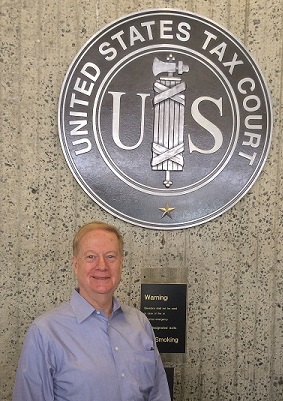 Managing an estate can be complicated and overwhelming, but libraries can often be sources of hidden value, and thus should not be ignored. There's always a chance that tucked away in that library are a few rare first editions or hard-to-find antique items. But if you're facing hundreds of volumes and you have little experience with books, where do you start?
Managing an estate can be complicated and overwhelming, but libraries can often be sources of hidden value, and thus should not be ignored. There's always a chance that tucked away in that library are a few rare first editions or hard-to-find antique items. But if you're facing hundreds of volumes and you have little experience with books, where do you start?
Libraries and rare books may not be your idea of a good inheritance, but they can actually be hidden treasures if you do your research. A recent JD Supraarticle, titled “California Estate Planning: What to Do if You Inherit a Library,” warns against failing to value books that are left as part of an estate.
You never know if the library has tucked away an inscribed first edition of “For Whom the Bell Tolls” by Ernest Hemingway. That’s going for $8,500 on Ebay right now. Or maybe a signed J.D. Salinger “The Catcher in The Rye.” Asking price for this is only $55,000 these days. These rare first editions or hard-to-find antique items are out there. If you are left with the responsibility of sorting through a collection containing hundreds of volumes, and you have little experience with books, where do you start?
 By keeping even modest sums of money protected, trusts can ensure that your wishes for your money will be honored into the future.
By keeping even modest sums of money protected, trusts can ensure that your wishes for your money will be honored into the future.


























